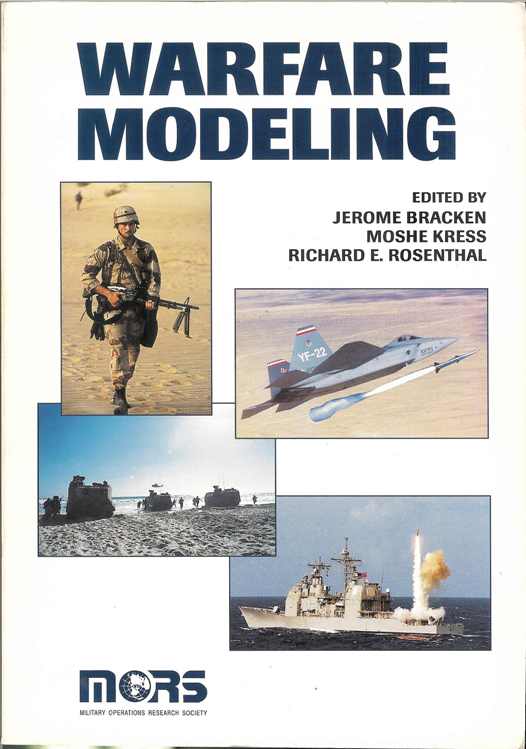
Published by MORS Military Operations Research Society, 1995, 594 pages, www.mors.org.

This article addresses the question of validating the homogenous Lanchestrian square law of attrition by the use of historical data (and by extension, other attrition models). Validating an attrition model means testing that model against reality. In this case, Lanchester's square law is tested against the data from the Inchon-Seoul campaign of the Korean War. The data are examined using three analysis techniques: linear regression, the Akaike Information Criterion (AIC), and Bozdogoan's Consistent AIC (CAIC). The data do not fit the assumption of a single, constant coefficient, homogeneous square law battle. The data do fit a set of three such battles (a new one every six or seven days); however, the data fit three constant-casualty-model battles just as well. The homogeneous Lanchester square law cannot be regarded as a proven attrition algorithm for warfare; however, the square law cannot be regarded as disproven either. Data on more battles are required to validate the square law or any other proposed attrition law.
The Lanchester square and linear laws do not provide good models of combat attrition as evidenced in historical data. A particular homogeneous, mixed, linear-logarithmic law, however, does provide a good approximation to the historical data. (This chapter precedes the one above; however, logically it should follow it.)
The contents of both chapters are included in the book, Predicting Combat Effects. More information is also provided on this website here.
If you arrived here using a keyword shortcut, you may use your browser's "back" key to return to the keyword distribution page.
| HARTLEY
CONSULTING Solving Complex Operational and Organizational Problems Dr. Dean S. Hartley III, Principal |
|